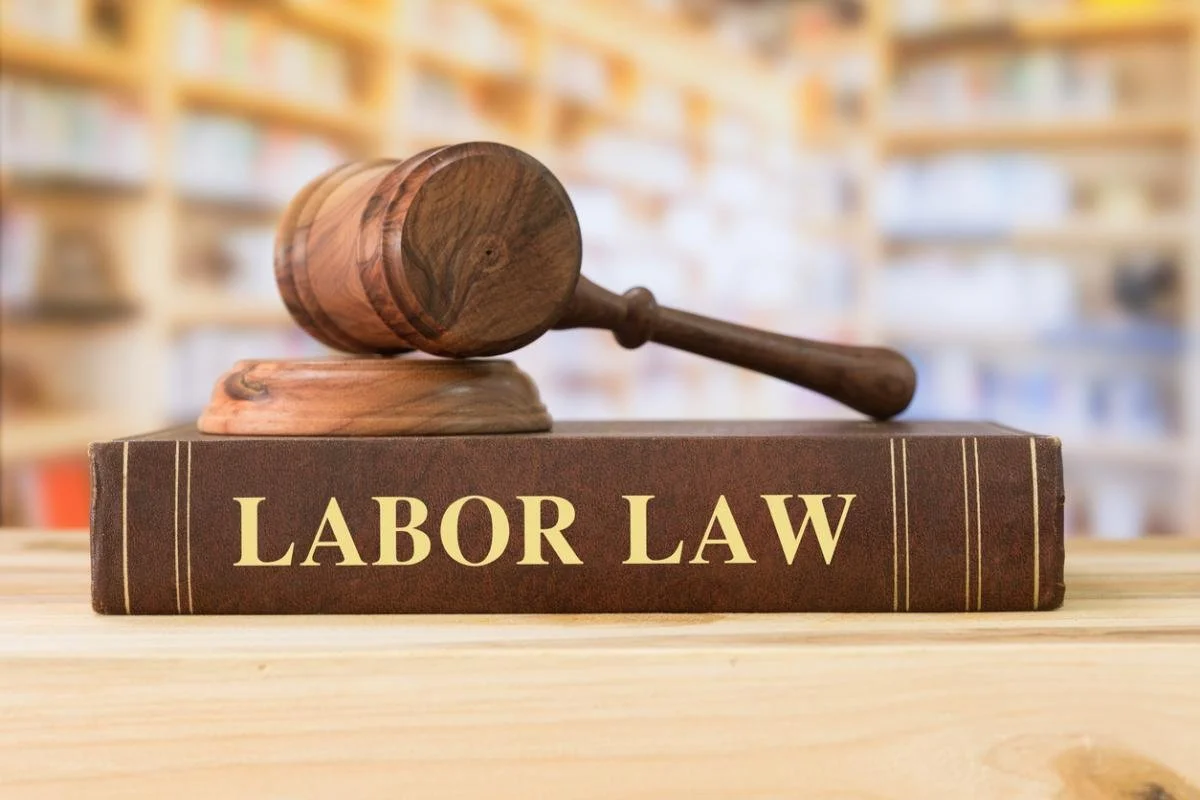Property Appraisers Group Denied Certification of Class in Misclassification Suit Against Major Insurers
/California’s 2nd District Court of Appeal affirmed a trial court ruling denying certification of class for plaintiffs in a misclassification lawsuit against major insurers: Allstate, Farmers, North American Compass Insurance Service Group, CIS Group, Advanced Field Services, and Capital Personnel Services. The ruling was a significant win for insurers and service companies as the legal team was attempting to bind a group of 1,550 California property appraisers together to sue for alleged misclassification (McLeery et al. v. Allstate).
The representative plaintiffs in the suit alleged that the two insurance providers and the various service companies intentionally insulated themselves from labor laws by contracting services for property appraisal upon policy creation or renewal rather than hiring appraisers as employees. The time frame cited for the allegations is 2005-2008.
The litigation has been ongoing for years, and legal counsel for the defendants does not predict an end to the proceedings anytime soon. The plaintiffs in the case may appeal the California Supreme Court decision or continue forward with separate lawsuits naming the plaintiffs individually.
A second lawsuit (Lunde v. Farmers Group) was filed by a different group of 106 appraisers in Los Angeles County Superior Court in 2014 and has been stayed pending the outcome in the McLeery case.
The most recent ruling marks the second tie the appellate court stepped in to answer a procedural question for the McLeery suit. Initially, the plaintiff’s plan to assess damages classwide through statistical analyses of results from an anonymous, double-blind survey sampling class members, but the 2nd Circuit reversed the decision and ordered the trial court to conduct the evaluations according to the proposed plan.
A survey expert, Krosnick, was hired by the plaintiffs to design a method of determining liability and damages. The study consisted of 45-minute interviews with proposed class members. The defendant’s experts questioned the scientific validity of the survey claiming that it invited “significant error” by asking participants to provide precise recall of events up to 10 years in the past. The court found that the survey results failed to specify why workers skipped meal or rest breaks (the nature of their work or their preference), whether inspections were performed by Allstate or Farmers, and failed to address work-practice variations amongst inspectors. The 2nd District upheld the trial court’s decision not to certify class due to the proposed anonymous survey. The courts agreed that the plaintiffs’ case relied on showing that insurance carriers and service companies conspired together to violate labor laws, but the survey failed to do so. The case seems to lack a fair, manageable method of establishing liability.
If you have questions about filing a class action lawsuit or if you have experienced labor law violations on the job, the experienced employment law attorneys at Blumenthal Nordrehaug Bhowmik De Blouw LLP can help. Get in touch with the employment law office nearest you: San Diego, San Francisco, Sacramento, Santa Clara, Los Angeles, Riverside, Orange or Chicago.







